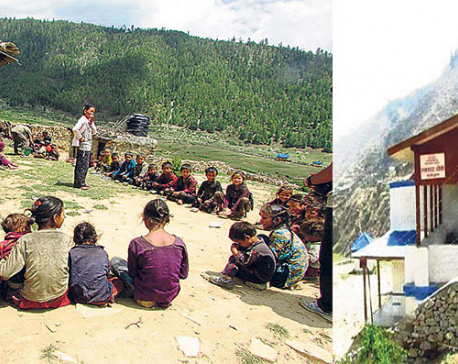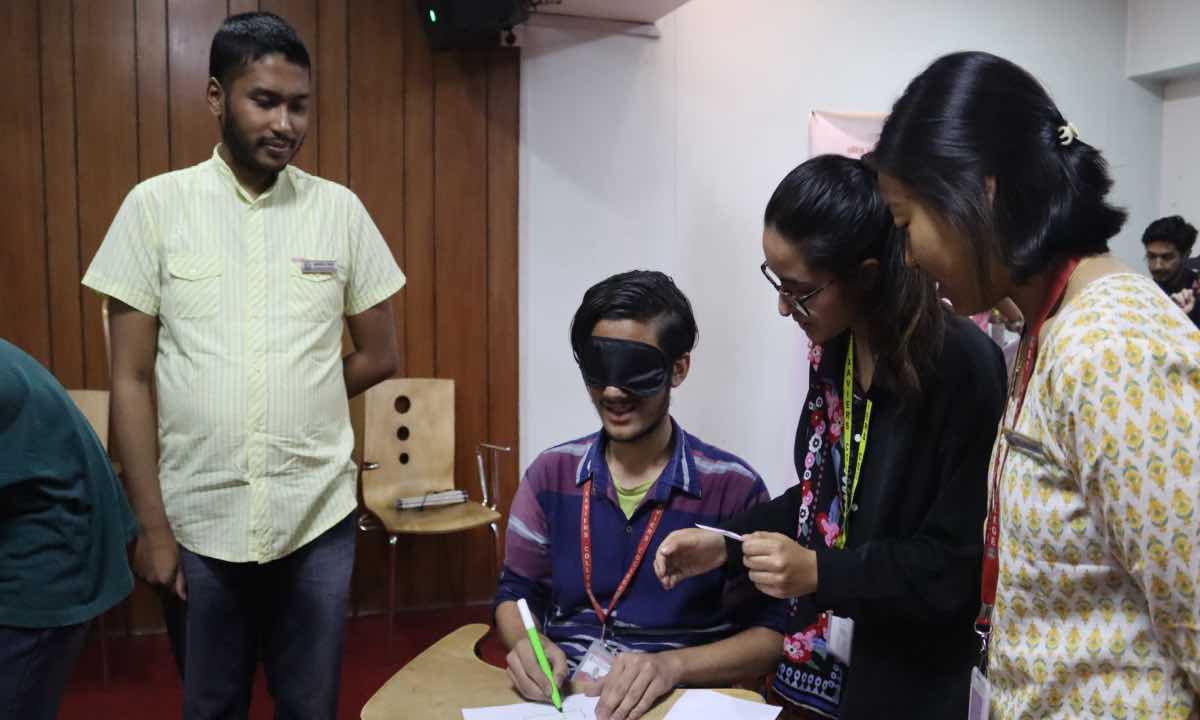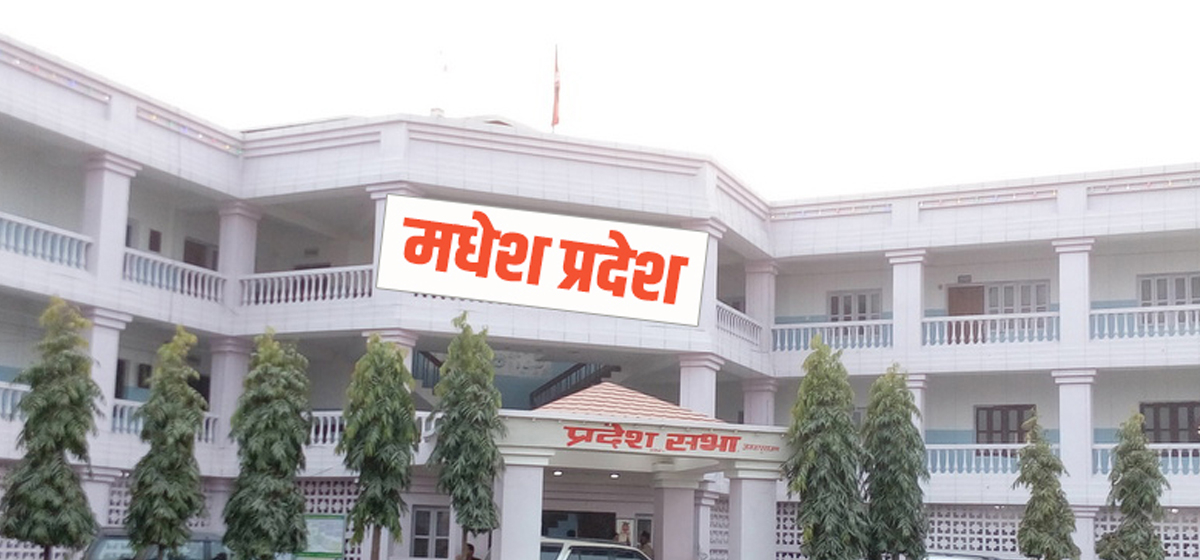
OR
Over 1,800 health posts operating without buildings
Published On: March 31, 2017 05:00 AM NPT By: Bishnu Prasad Aryal
KATHMANDU, March 31: More than 1,800 health posts across the country are operating without proper buildings, curbing their ability to offer efficient healthcare services.
There are more than 4,100 government-run health institutions, including 110 hospitals, 203 primary health centers and 3,789 health posts, across the country of 28.7 million people, according to the Ministry of Health (MoH).
Each of these health facilities has targeted to provide services to 3,000 to 300,000 people in their respective areas.
The government started upgrading sub-health posts to health posts five years ago, aiming at providing better health services to the people. The upgradation took three years to complete, and now, there is not a single sub-health post in the country.
The erstwhile sub-health posts had been operated by the then village development committees and municipalities, while the health posts are run under the ministry.
“However, the condition of the upgraded health posts is still pathetic,” said ministry officials. “They continue to operate from a single room with poor services,” they said.
A health post is entrusted with the task of providing services such as immunization, family planning, antenatal and postnatal check-up, delivery, IMCI, newborn care, DOTS, nutrition, mental health, NCDs, counseling, control, prevention and management of endemic communicable diseases, dispensary, and pathology lab, among others.
However, these upgraded health posts have not been able to provide these services due to the lack of necessary infrastructure and human resources, according to a report compiled by the ministry.
In order to be able to offer these services, each of these health posts should have assets worth at least Rs 3 million, the report says.
Bhogendra Raj Dotel, spokesperson for the ministry, conceded that public health bodies have failed to provide efficient services. “Given the country has adopted new federal system, local bodies have to manage resources on their own and construct buildings for these health posts to make them able to provide proper healthcare services to the people,” he said.
According to the Constitution of Nepal, Article 35, (1), every citizen shall have the right to seek basic health care services from the state and no citizen shall be deprived of emergency health care and (3) each person shall have equal access to health care. Similarly, Article 38, (2) provisions every woman shall have the right relating to safe motherhood and reproductive health.
The ministry is currently working on a concept plan on 'Integrated Health Infrastructure Development' in line with the new local-level re-structuring.
The government officially implemented 744 local units on March 10. It has announced setting up at least a hospital with a minimum capacity of 15 beds in each of these 744 local bodies.
Currently, there are 203 health centers and 110 hospitals with at least 15 beds in the country. But they are not distributed as per the new structure. Majority of the hospitals are located in big cities and district headquarters.
So it's a huge challenge for the government to establish hospitals in such a big scale. “Yes, it's a challenge. But it has to be done at any cost to ensure people's right to health,” said Dotel.
According to the ministry's concept plan, the capital budget allocation to the sector has to be boosted by around Rs 13.5 billion if efficient healthcare services are to be provided to the people.
The budget allotted to the sector for fiscal year 2016-17 stands at around Rs 5.4 billion.
You May Like This

Mugu's health post operating without health workers
MUGU, Jan 10: Absence of health workers at a local health post of western Khatyad Rural Municipality-10, Hyanglung of Mugu has... Read More...

30 wards in Jumla without health posts
JUMLA, June 23: There isn’t a single health post in any of the 30 wards of Jumla district. This district with... Read More...

Health centers operating without required equipment, medicines
SIRAHA, April 17: A few days ago, Rameshwar Prasad Yadav, the in-charge of Majhaura Health Post of Nawarajpur Rural Municipality, was... Read More...







Just In
- Forest fire destroys 13 houses in Khotang
- First meeting of Nepal-China aid projects concludes
- Lungeli appointed as Minister for Labor and Transport in Madhesh province govt
- Bus knocks down a pilgrim to death in Chitwan
- One killed in tractor-hit
- Karnali Chief Minister Kandel to seek vote of confidence today
- Chain for Change organizes ‘Project Wings to Dreams’ orientation event for inclusive education
- Gold price decreases by Rs 200 per tola today












Leave A Comment